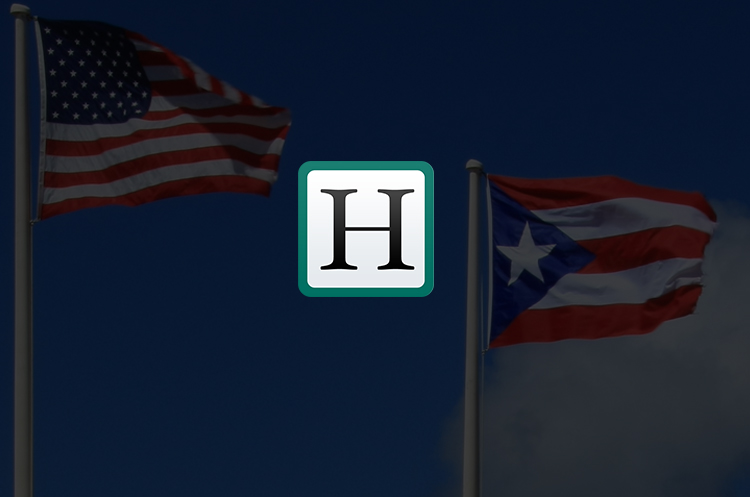Originally Published in The Huffington Post on April 14, 2015 by Robert Rosenkranz
What’s the catch?
The catch is that the guarantee is from the government of Puerto Rico.
The Commonwealth of Puerto Rico is US territory. Its residents are US citizens who can move freely to any of the 50 States. In some ways they have the best of all worlds: all the privileges of US citizens, but an exemption from federal income taxes. And Puerto Rico, though it is not a State, has the privilege of issuing municipal bonds. Interest on those bonds is free from US taxes. Typical municipal bonds pay 3 percent returns these days. But Puerto Rico’s municipal bonds pay 8 percent or more.
Why so high? Because the market believes that Puerto Rico runs a much higher risk of defaulting on its bonds than any State. And the market is concerned for good reasons. Puerto Rico’s debt relative to what it produces (its Gross Domestic Product, or GDP) is in a different ballpark, indeed a different zip code. For the typical State, debt is around 6.5 percent of GDP; for the most heavily indebted, around 17 percent. Puerto Rico’s debt stands at a staggering 99 percent of its GDP.
If anything, this understates the problem. Puerto Rico is especially vulnerable to the costs of Obamacare, which could add 20 percent to already unsustainable spending levels when Federal subsidies expire in 2018. And its pension funds are in dire shape: some $2.7 billion of assets to support $36.4 billion of liabilities. The cash will be gone in a few years, adding additional strain to the current budget.
Ultimately, governments service and repay debt from taxes on the residents, and those residents need to be productively employed before they can be taxed. In Puerto Rico, the picture on this score is grim. Some 50 percent of the entire labor force is either on food stamps or employed by the government. The local economy has been shrinking for years (its prior growth was largely driven by Federal government tax incentives which no longer apply). Its tourist industry is losing market share to other Caribbean resorts with newer hotels, better services, and more modern infrastructure. In recent years, the total population is shrinking, and its labor force is steadily losing its best and brightest young college graduates. After all, they are US citizens who can readily move to take advantage of job opportunities in any of the 50 States. Eventually, the economy can reach a tipping point, where there are too few people employed productively in the private sector to pay the salaries and benefits of the unemployed, the pensioners, the welfare recipients, and the public sector employees.
Even if ultimate repayment of bonds is questionable, the game can be kept going for years as long as the bond holders are willing to “extend and pretend”……that is, to roll over the debt as it matures rather than demanding repayment. It is just this scenario which is playing out in Greece, whose finances are in far worse shape than Puerto Rico’s. That’s what the buyers of Puerto Rico’s bonds are betting on. In general they are a pretty sophisticated crowd of hedge funds and other professional investors, but some “high yield” municipal bond funds are big holders. They are also thinking that when push comes to shove there will be Federal government bailout. And they could be right: with $76 billion of debt, Puerto Rico might be deemed “too big to fail” and with Republicans and Democrats alike fretting over the “Hispanic vote” Puerto Rico might be too politically potent to fail as well.
As Milton Friedman’s economic proverb has it, “there is no such thing a free lunch.” Owners of Puerto Rico bonds may have some very good meals on the coupons they clip. But the price may well be some very sleepless nights when the bonds are due to be repaid.




